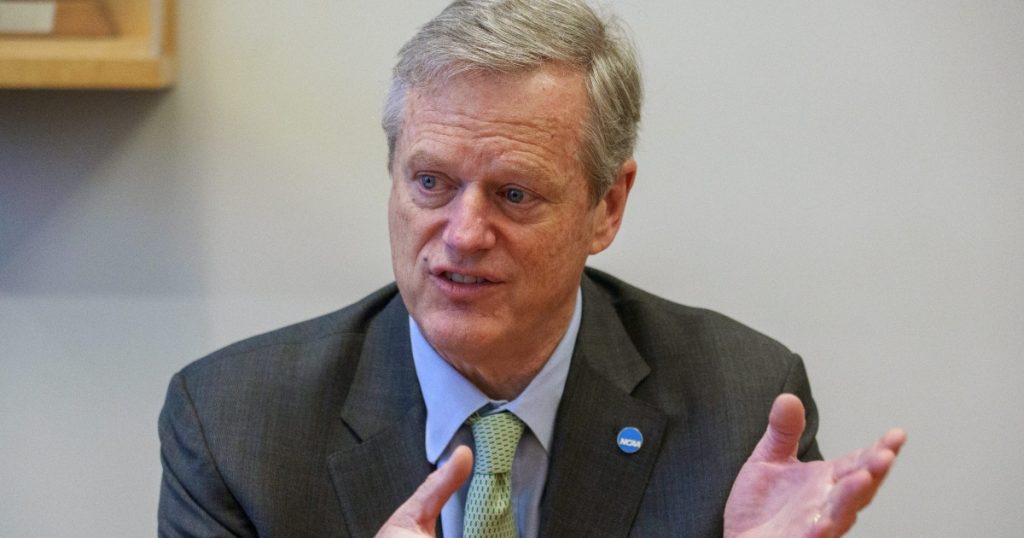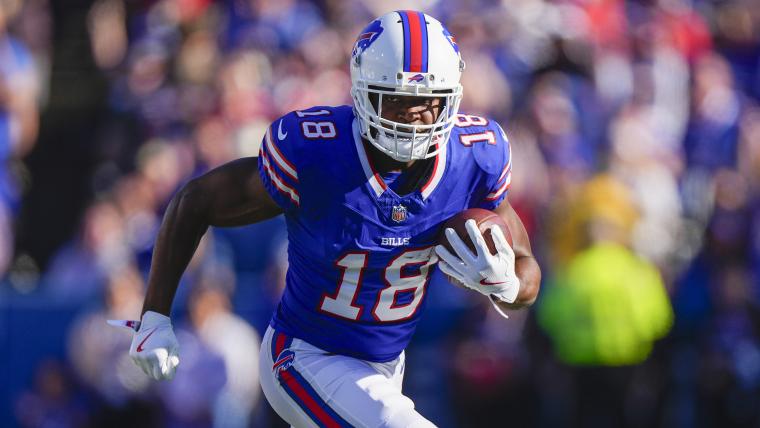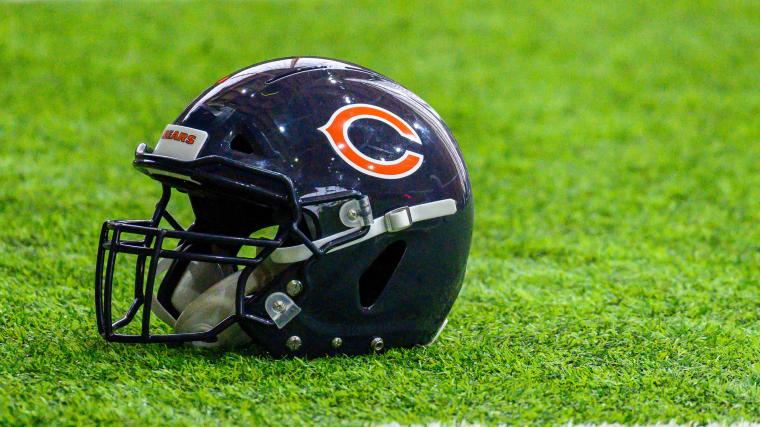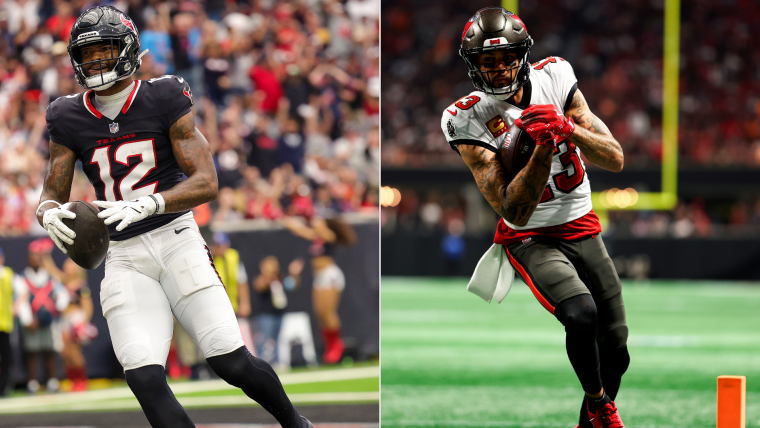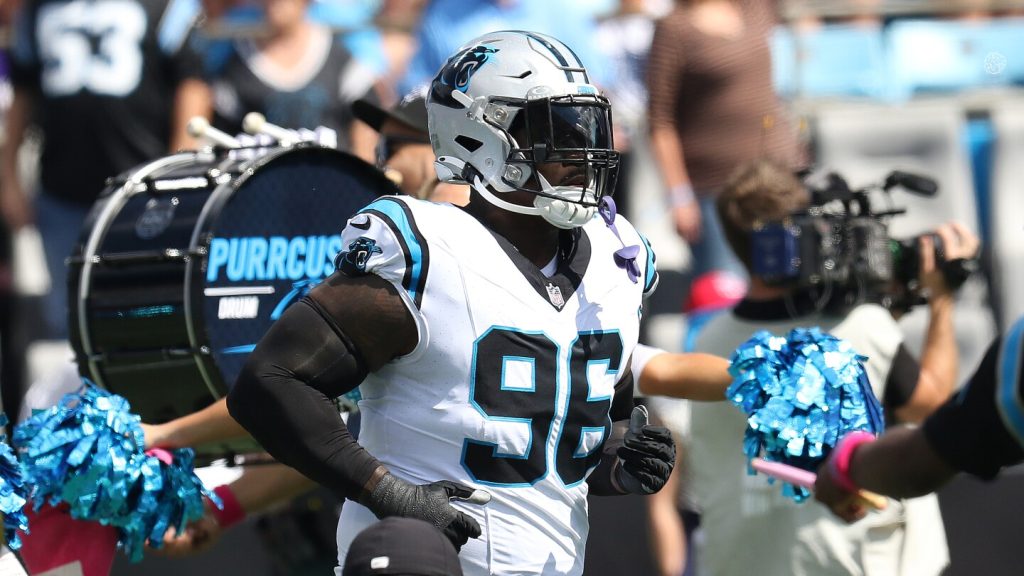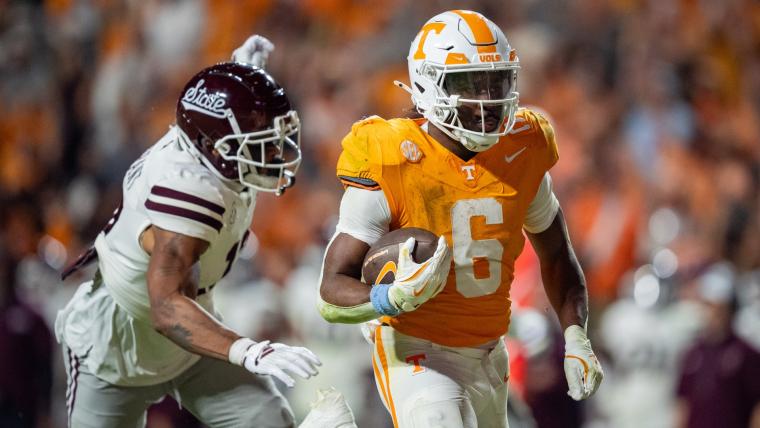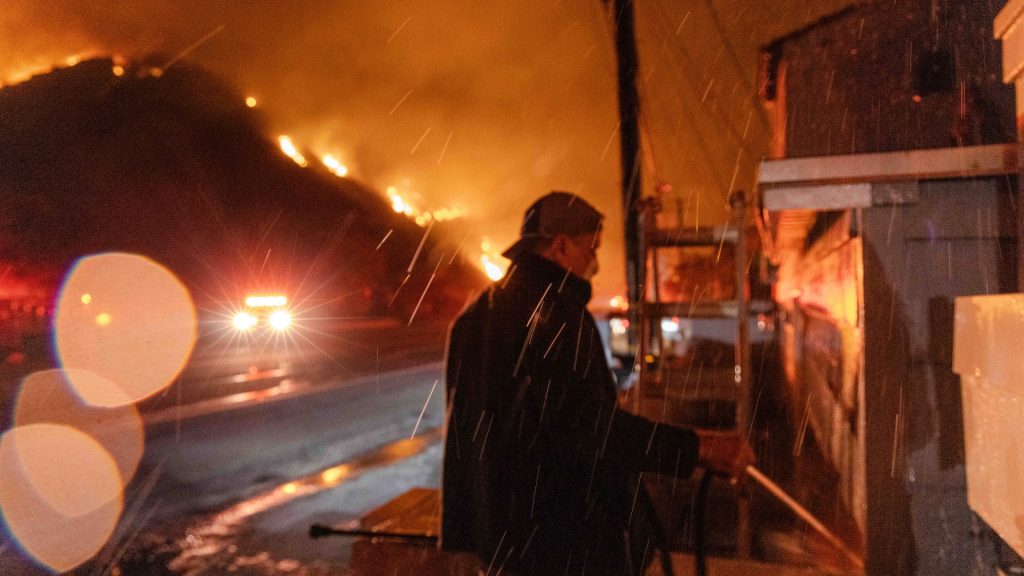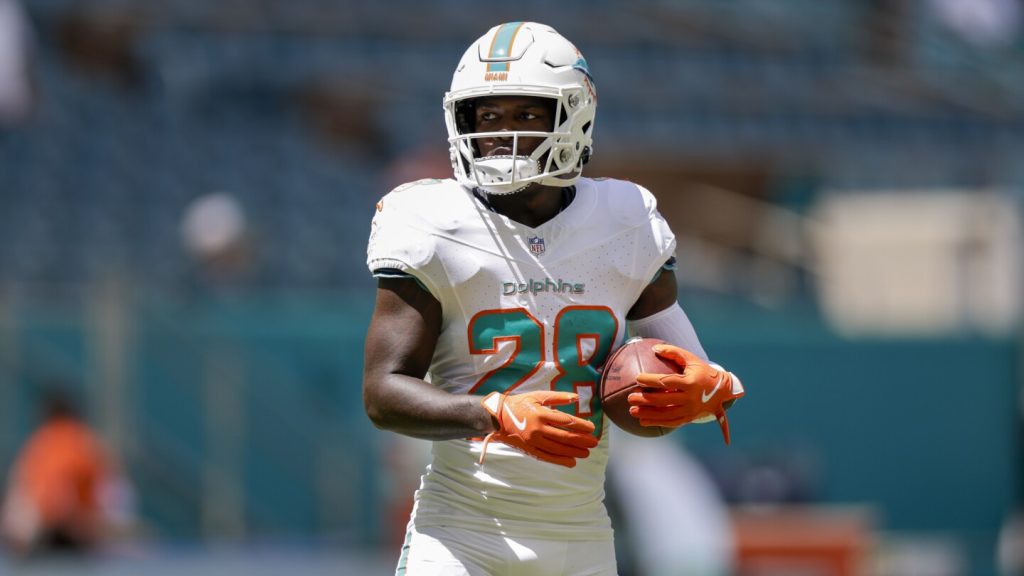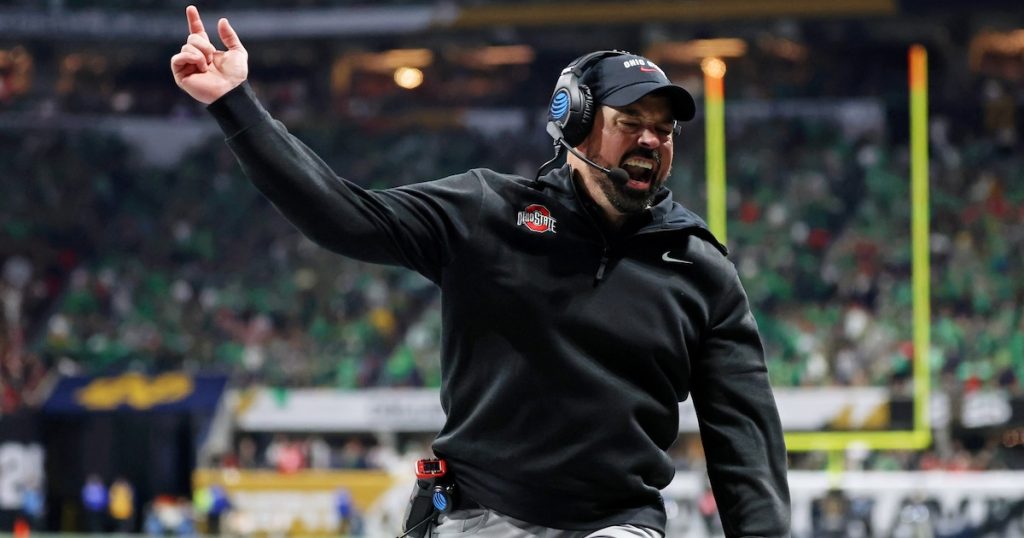Wednesday afternoon, the college football landscape was rocked by a significant ruling from a Tennessee district court. Judge William Campbell granted a preliminary injunction to Vanderbilt quarterback Diego Pavia, allowing him to challenge the NCAA’s eligibility restrictions concerning seasons spent at the junior college level. This decision not only impacts Pavia’s future but also raises questions about the broader implications for NCAA regulations.
Pavia’s Journey: From JUCO to Vanderbilt
Diego Pavia’s path to this pivotal moment has been anything but straightforward. He began his collegiate career at the New Mexico Military Institute, where he spent two years in junior college football. Following that, he played three seasons of FBS football—two at New Mexico State and one at Vanderbilt. After navigating the complexities of college football, Pavia now finds himself tentatively eligible to play in 2025, pending any further legal challenges.
But what does this mean for the future of college football? The ruling has the potential to reshape how eligibility is determined for countless athletes who have followed similar paths.
NCAA’s Response: Concerns Over Unintended Consequences
In response to the ruling, the NCAA issued a statement late Wednesday, expressing concern over the potential ramifications of Judge Campbell’s decision. NCAA President Charlie Baker emphasized these worries during an appearance on The Pat McAfee Show the following day. He pointed out that allowing JUCO seasons to count toward NCAA eligibility could lead to a cascade of unintended consequences, fundamentally altering the landscape of college athletics.
“By the way, I love watching (Pavia) play, I really do. … But my big worry about it is there’s a rhythm to college sports,” Baker explained. He underscored the importance of maintaining the traditional four-year eligibility framework, which has been a cornerstone of NCAA regulations for decades. “If you writ large this decision across the JUCOs, and then maybe somebody says ‘Well hell, if JUCOs get two years plus four, why shouldn’t anybody that goes to college get six?’” he warned. This could create a “freight train collision” for high school athletes, leaving them with fewer opportunities to pursue their dreams.
Implications for NCAA Eligibility and Scholarships
Should Campbell’s ruling set a national precedent, it could drastically alter the cyclical nature of NCAA eligibility. This change might not only affect current athletes but could also limit scholarship opportunities for future generations. Baker highlighted the importance of NCAA scholarships, which amount to approximately $4 billion annually. For many athletes, these scholarships are the key to accessing higher education, especially for those from families unable to afford college tuition.
“It would be awful if there was just no place for them to go,” Baker lamented. He emphasized that if the traditional four years of eligibility expanded to six, it could severely limit the number of spots available for high school athletes entering college football. With around 120,000 to 130,000 high school athletes transitioning to college each year, the stakes are incredibly high. The potential for a bottleneck in opportunities is a real concern.
What’s Next for Pavia and the NCAA?
As it stands, Diego Pavia has a temporary victory, but the NCAA is poised to challenge the ruling. The outcome of this legal battle could set the tone for how eligibility is defined in the future. If Pavia’s case gains traction, it might inspire other junior college athletes to seek similar treatment, leading to a wave of legal challenges against the NCAA.
The college football community is watching closely. Will this ruling usher in a new era of eligibility standards, or will the NCAA’s long-standing framework remain intact? The implications are vast, and the stakes are high for all involved.
In the world of college football, where dreams are built and futures are forged, the outcome of this case could redefine the landscape for years to come. As fans, players, and coaches await the next steps, one thing is clear: the conversation surrounding eligibility and opportunities in college sports is far from over.
With the potential for significant changes on the horizon, the college football community must brace itself for what could be a transformative period in the sport. The excitement, the uncertainty, and the passion for the game are palpable as everyone waits to see how this pivotal moment unfolds.

